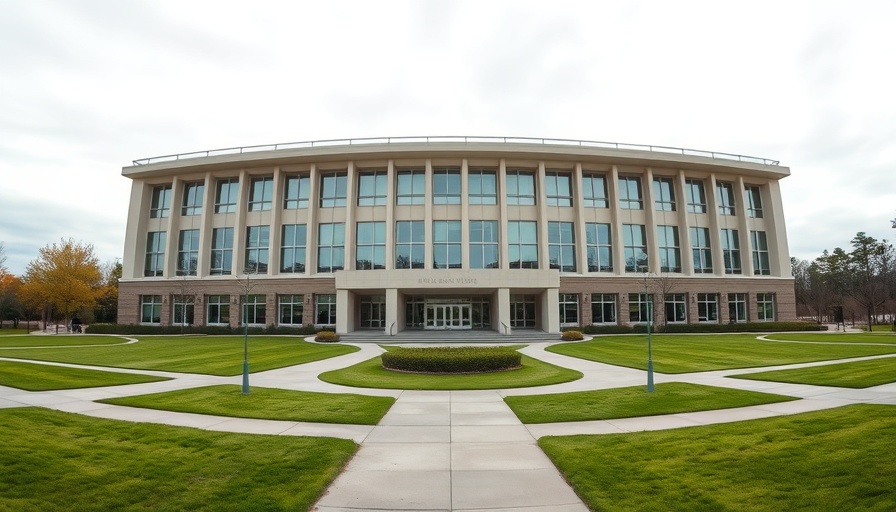
Groundbreaking Robotic Technology Transforms Bridge Inspections
A new robotic bridge inspection system, developed by Professor Genda Chen and his team at the Missouri University of Science and Technology, has won the prestigious Charles Pankow Award for Innovation by the American Society of Civil Engineers (ASCE). This advanced technology, aptly named the Bridge Inspection Robot Deployment System (BIRDs), employs a trio of drones to revolutionize how bridges are monitored.
How BIRDs Operates: An Ingenious Approach
The BIRDs system features three unique drones, each designed to perform specific tasks that enhance bridge inspections. The first drone is capable of both flying and crawling along bridge girders, equipped with infrared cameras and LiDAR technology to gather vital structural data. Meanwhile, the second drone utilizes a compact bicycle-style crawler that can closely examine steel components using a microscope or crack probe. The third drone is engineered with a manipulator, allowing it to conduct maintenance tasks and defect tests on concrete surfaces.
Funding and Future Prospects
Launched in 2019, the BIRDs initiative has garnered significant investment, with over $1 million in funding from the U.S. Department of Transportation’s University Transportation Centers Program. Chen and his team plan to further refine these drones based on testing results and are looking to partner with agencies for broader implementation of this life-saving technology.
The Importance of Efficient Bridge Inspections
Regular inspections are mandated for bridges due to their critical role in infrastructure. However, accessing these structures can often be challenging, leading to potential delays in identifying maintenance needs. Chen emphasized that the data retrieved from the BIRDs technology will dramatically improve inspection efficiency, ensuring public safety and lowering long-term maintenance costs by increasing the lifespan of these vital structures.
Adoption of Robotics in Home Renovation and Beyond
While BIRDs focuses on large-scale civil engineering projects, the implications of robotic technology extend into home improvement sectors as well. Innovations in tools and techniques can offer homeowners and contractors transformative opportunities for enhancing home renovations, repairs, and improvements. From sophisticated home inspection services to advanced remodeling technologies, adopting robotic solutions could streamline processes and enhance safety in residential settings.
 Add Row
Add Row  Add
Add 




 Add Row
Add Row  Add
Add 

Write A Comment